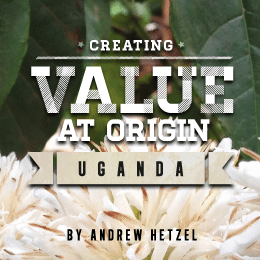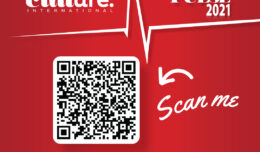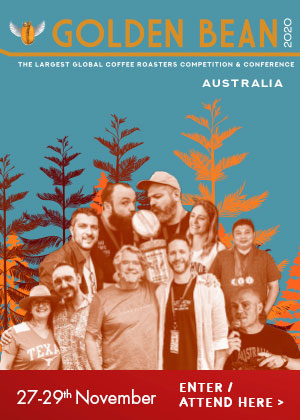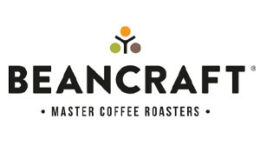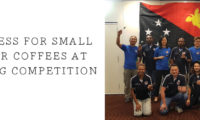The Coffee Quality Institute (CQI) is best known in coffee consuming countries for its popular Q Grader program, the universal certification course for coffee cuppers, but that’s only a small portion of the institute’s work. Upwards of 75% of what is done by this nonprofit organisation is quietly focused on origin value development: donor-funded projects specifically designed to improve the lives of people in coffee production nations by increasing the value of coffee trade. At any moment, CQI has work underway in Colombia, Ethiopia, Uganda, Yemen and other coffee lands, all staffed with a combination of outside consultants and volunteers from around the industry. For the past two years, I’ve been one of those consultants working for CQI, primarily in Uganda.
Uganda shares a similar past to many of its neighbours: boundaries drawn by colonial interests, later gaining independence only to face its own trials from within. It’s been a long and hard road but today, Uganda is among the more stable and advanced nations in Africa, which has led to economic growth and relative prosperity. It’s a fertile country, rich with natural resources and populated predominantly by small-scale farmers, many of whom farm coffee. It is a cash crop of critical importance, with a long history of cultural significance to the country and its people.
Uganda is one of, if not the oldest coffee origin on Earth and thought to be the genetic home of all Robusta coffee, which itself is a parent of Arabica. Long before it was cultivated as a commercial crop, coffee grew wild throughout the area and was recognised for its unique properties, which became prized not as a beverage, but as a roasted and chewed snack. So important was coffee’s meaning in pre-colonial times, that it was used as a central symbol in ceremonies. Most famously, the Ganda tribe’s blood brotherhood ritual saw two men exchange and consume a single coffee bean dipped in the other’s freshly drawn blood to signify a family-like union.
In total, the country today produces 3.8 million bags annually on land roughly the same size as Victoria, which is on the rise and expected to reach 4.5 million bags annually within the next two years. Not surprisingly, that makes coffee Uganda’s number one export, with revenues today accounting for approximately 20% of all export trade – those revenues supporting more than 1.5 million farming families.
Working on such a large scale, even small incremental improvements make a large difference. An independent report from the International Trade Centre confirmed in 2012 that the average value of coffee exported from Uganda has increased from 2006-2010 by as much as 2½ times that of similarly positioned origins during the same period, which is directly attributed to quality improvement initiatives.
Since 2003, CQI has organised technical training and quality initiatives in partnership with the Uganda Coffee Development Authority (UCDA), in one way or another reaching all corners of the country and sectors of the coffee supply chain: from agriculture, post-harvest processing and roasting through quality assessment and the establishment of new quality standards. 80% of coffee production from the country is Robusta, so a substantial percentage of development effort has been dedicated to the advancement of that species, but the remaining balance of Arabica production is still second only to Ethiopia’s quantity of production in all of Africa and certainly not to be overlooked.
Recently, UCDA announced the landmark creation of a new Robusta research and education center, called the Center of Robusta Excellence, or simply “C.O.R.E.” The initiative will be the first-ever such effort dedicated solely to improvement of Robusta, presently the lowest-valued of all commercial coffee. CORE promises to bring together members of the regional African and international coffee community with the support of CQI to carry out applied research and education that make Robusta better and improve the lives of those who need it most.
The population of Uganda is currently the 9th fastest growing in the world; with so many new mouths to feed, far more work will be needed to make coffee farming a viable career for future generations. Initiatives like those underway by CQI in Uganda are making coffee farming an increasingly sustainable option, while preserving the heritage of a culture.
By Andrew Hetzel
ABOUT THE AUTHOR
Andrew Hetzel is a coffee quality consultant and instructor for both Q Arabica and Robusta programs offered by the Coffee Quality Institute. For more information about Andrew and his work, visit CafeMakers.com.
See Andrew Hetzel at this year’s Golden Bean, where he will present stories and images of the people from Uganda, Yemen and Ethiopia, where coffee value chain development work is being done today, along with some of the coffees that they have produced.


